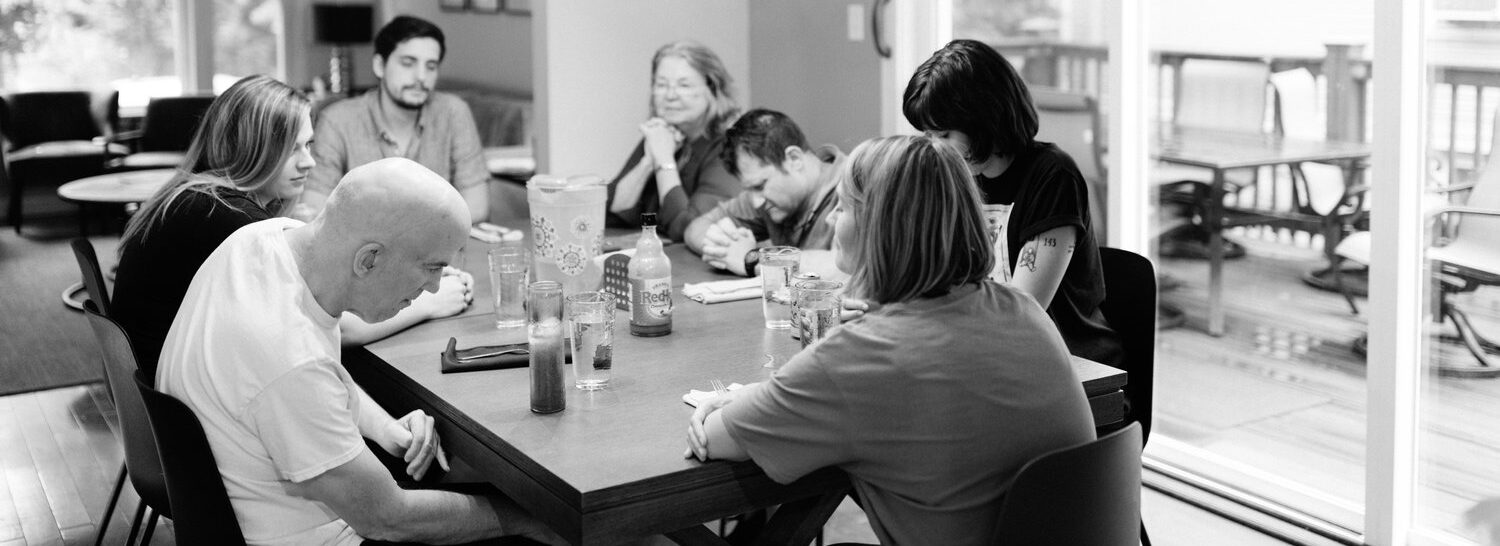I have a not-so-secret-garden – my back yard. It is approximately 2,000 square feet of perennial flowers, shrubs, roses and herbs surrounded by cedar architectural fences that create the perception of safety, security and boundary from the outside world. There are places to sit to see the garden, the bird bath, and the many birdfeeders that draw dozens of feathered wonders every day. The garden is considered by some to be overgrown or even unruly, but I enjoy its controlled chaos. It harbors sleek but twitchy chipmunks, curious squirrels, at least one rabbit, a racoon family, and a gorgeous black cat who runs away when I get too close. There are probably other lives here, such as toads that surprise me when I relocate a plastic weed bucket, or the spider that miraculously creates an intricate web between the gargoyle statue and a fencepost overnight. My garden is graced with many flowers, and there are the weeds. Some weeds creep along the mulch, some wind around a trellis pretending to be one of the perennial sweet pea vines, and some stand tall, daring me to pull them from their comfortable beds. While I am a gardener and I perform the necessary job of periodic weeding, I find myself hesitate and question whether I should disrupt the ‘natural’ in lieu of an arranged beauty. After all, weeds are just different plants, doing different things in their own unique ways. Moreover, each of the human beings I know, with and without disabilities, has a place, certain qualities, and specific patterns that help them grow and flourish.
In the many years I have worked with, learned from, and ‘treated’ persons with disabilities in my professional life as an educator and an occupational therapist, I have come to know a lot about ability and disability, medical conditions and impairments, social determinants of health, and the systems and regulations developed for serving individuals with intellectual and developmental disability. Yet in these past six or so years that I have been a part of L’Arche Chicago, as a friend, Board Member and volunteer, I have come to know and value the gifts of individuals with disabilities. The mission of L’Arche Chicago is to “make known the gifts of people with developmental disabilities”, and I delight in Noah’s gift of embracing traditions, Casey’s gift of exuberance with music, David’s shy eagerness to be invited to help with dinner, Tim’s thoughtful inquiry about someone’s day – and so many more gifts. The grace to recognize the importance of these unique gifts has impacted the words I speak, the choices I make, and the actions I take to come alongside others and be present. L’Arche lives out the reality of these gifts in the daily-ness of everyday life, and will continue to impact what and how I teach, serve, live, relate to and love others. Thank you, L’Arche.

